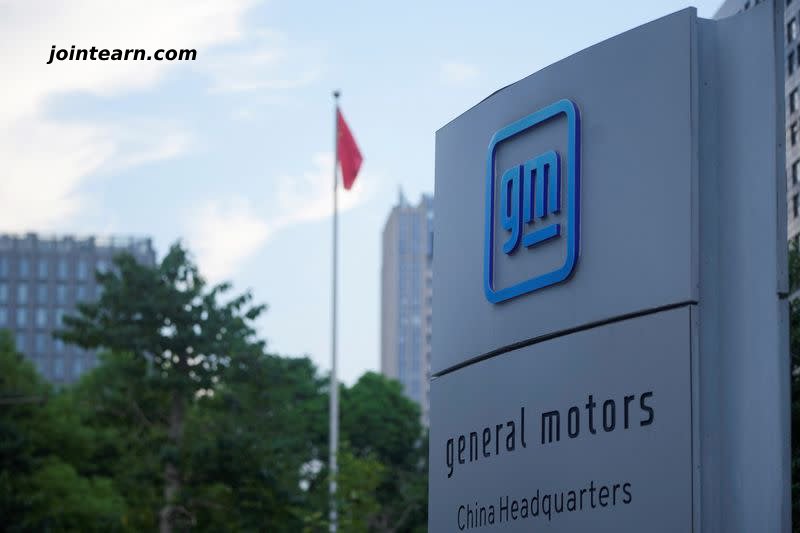The Nigerian National Petroleum Corporation Limited (NNPCL) has made significant changes to its leadership by sacking the Managing Directors of three of the country’s major refineries. This move comes as part of the ongoing restructuring efforts aimed at improving the operations of the corporation and ensuring the effective management of Nigeria’s oil and gas industry.
The affected refineries are the Port Harcourt Refinery, the Kaduna Refinery, and the Warri Refinery. Each of these refineries has faced years of operational challenges, including aging infrastructure, inefficient management, and frequent shutdowns for maintenance, all of which have contributed to the inability of Nigeria to refine a significant portion of its domestic crude oil.
NNPCL has not only dismissed the managing directors of the refineries but has also hinted at an overhaul of the entire management structure of these facilities. The decision to remove the MDs is seen as part of an effort to inject fresh leadership with a mandate to boost productivity and address the longstanding issues that have plagued the refineries for years.
Strategic Reshuffling
This move by NNPCL is in line with the broader strategy to overhaul the oil and gas sector in Nigeria. With the refineries performing below capacity, the country has increasingly relied on the importation of refined petroleum products. This has led to a huge drain on the nation’s foreign exchange reserves and has made Nigeria vulnerable to the global volatility of oil prices.
NNPCL, under its new leadership, has been focused on reforming the entire downstream sector, with particular emphasis on ensuring that the refineries are brought back into full operational capacity. By removing the top management of the refineries, the corporation is signaling a shift in priorities. The new leadership at the refineries will be expected to focus on optimizing operations, securing long-term investments for infrastructure upgrades, and increasing refining capacity.
Challenges Facing the Refineries
Nigeria’s refineries have faced a myriad of challenges over the years. Corruption, mismanagement, lack of investment, and underfunding have all contributed to their decline. Despite the country being one of the largest oil producers in the world, its refineries have struggled to meet domestic demand for refined products. Consequently, Nigeria has had to rely on imports, a situation that has led to increased fuel prices and significant economic strain on the average Nigerian.
The Port Harcourt Refinery, for example, which is one of the largest in the country, has often been offline for extended periods, while the Kaduna and Warri refineries have also been beset by operational difficulties. Attempts to privatize the refineries in the past have been unsuccessful, and several turnaround maintenance programs have not yielded the expected results.
Efforts to Revitalize the Sector
In an effort to revitalize the refineries, NNPCL has set up plans for the rehabilitation of the refineries, and stakeholders have been urged to bring in new expertise to tackle the management issues. However, the ability of new leaders to bring about meaningful change remains a subject of debate. The move to sack the MDs is part of a larger plan to restructure the corporation’s operations, streamline management processes, and reduce the inefficiencies that have characterized the sector for decades.
In addition to restructuring refinery management, NNPCL is also looking to invest heavily in the upgrade and expansion of refinery facilities. There are ongoing efforts to bring in private sector partnerships to ensure the proper management of the refineries and ensure that Nigeria moves toward self-sufficiency in refining its crude oil.
The Broader Implications for the Nigerian Oil Industry
The sacking of the refinery MDs is part of a larger trend of restructuring within the Nigerian oil industry. This shift comes at a time when the country is looking to diversify its energy sector and reduce its dependency on crude oil exports. With the global push for cleaner energy sources, Nigeria is also focusing on improving its refining capabilities to ensure that the domestic market is adequately supplied with fuel and other petroleum products.
As part of these changes, NNPCL is expected to undergo a complete overhaul in terms of management and strategy. The appointment of new executives is seen as a way of reviving the corporation’s fortunes and addressing the various bottlenecks in Nigeria’s oil and gas industry. Stakeholders, including industry experts, have called for more transparency and accountability in the management of the refineries and other assets under NNPCL’s control.
The Road Ahead for NNPCL
While the reshuffling of leadership at the refineries is a positive first step, the road ahead will require careful planning and execution. The new leadership will need to navigate a range of challenges, including underfunded operations, aging infrastructure, and the complex regulatory environment of the Nigerian oil sector. Furthermore, the challenge of restoring trust and credibility in the refineries will take time, as Nigerians have grown accustomed to hearing about plans for revamping the refineries that never materialize.
NNPCL’s focus in the coming months will likely be on attracting investments into the sector and ensuring that the refineries operate at full capacity. The corporation will also need to address the persistent issue of corruption and ensure that there is a clear accountability structure in place to prevent any future mismanagement.
Conclusion
The decision to sack the managing directors of Nigeria’s three major refineries is a bold move by the NNPCL as it seeks to rejuvenate the oil sector and address the inefficiencies that have long plagued the country’s refining capacity. As Nigeria continues to grapple with the challenges of refining its oil domestically, the hope is that the reshuffling of leadership will bring about a more dynamic and effective management structure. The new leadership faces an uphill task, but if they succeed, it could mark a turning point for Nigeria’s oil and gas industry, moving the country closer to self-sufficiency in petroleum products and reducing its dependence on imports.












